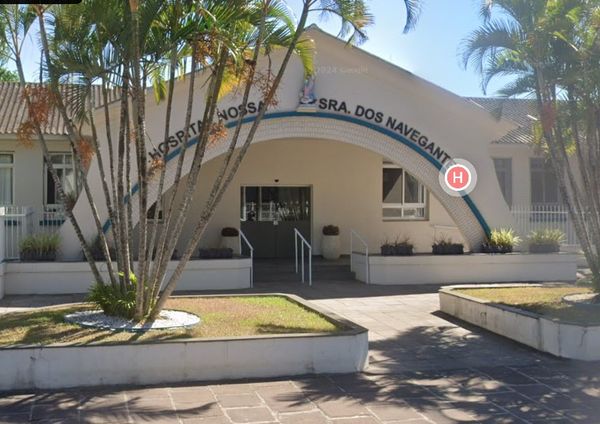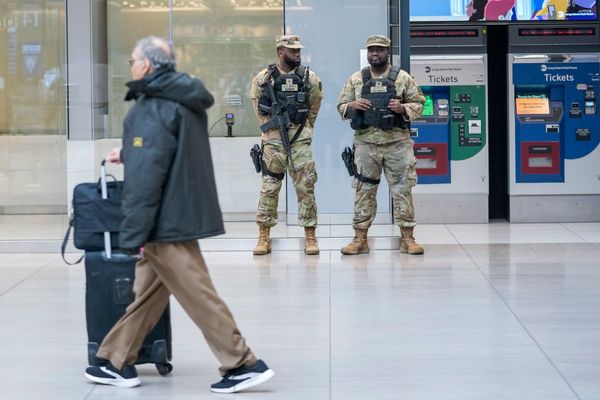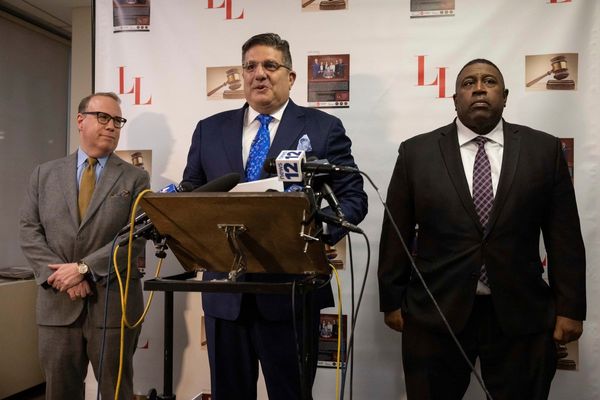
Apia (Samoa) (AFP) - Australia will provide Samoa with a new coastguard patrol boat, Foreign Minister Penny Wong announced on a visit to the Pacific island nation Thursday, as she looked to reset ties and counter growing Chinese influence.
Following a meeting with Samoan Prime Minister Fiame Naomi Mata'afa, Wong said Australia would supply a Guardian class vessel next year, replacing one which recently ran aground.
"We do understand how important these maritime assets are to island nations," Wong said.
Samoa's previous boat, the 40-metre (130-foot) Nafanua II, hit a reef last August, suffering irreparable damage.
Mata'afa welcomed the "generous" offer of a replacement "despite the unfortunate circumstances of our last boat", adding that she hoped lessons had been learned for "a very critical area of our maritime security."
Wong was sworn into office 10 days ago but has already visited Fiji as her centre-left government tries to fix badly strained ties with Pacific neighbours.
She is expected to visit Tonga later this week, just as China's Foreign Minister Wang Yi wraps up a 10-day island-hopping tour of the Pacific.
Wang has pitched a radically increased role for China in regional security, much to the concern of the United States and Australia.
"We have taken a view that regional security is an issue for the Pacific family," Wong said.
Although Wang failed to secure support for a regional security deal that would have seen Beijing play a much bigger role in sensitive areas including policing and cybersecurity, he has inked a series of country-specific agreements on his trip.
In Papua New Guinea on Friday he is expected to sign a memorandum of understanding on investment cooperation on "green development" with authorities in Port Moresby.
Mata'afa said there had been a "misrepresentation" of some deals signed by China in the region.
"The signing that took place here last week," she said, concerned "bilateral programmes, projects, most of them had started a number of years ago."
She said Samoa would oppose a regional pact with China until the region -- some of which recognise Taiwan rather than Beijing -- discussed the matter collectively.
"Our position was that you cannot have regional agreement when the region hasn't met to discuss it," she said.
"(To) have an expectation that there would be a comprehensive decision or outcome was something that, you know, we could not agree to."







